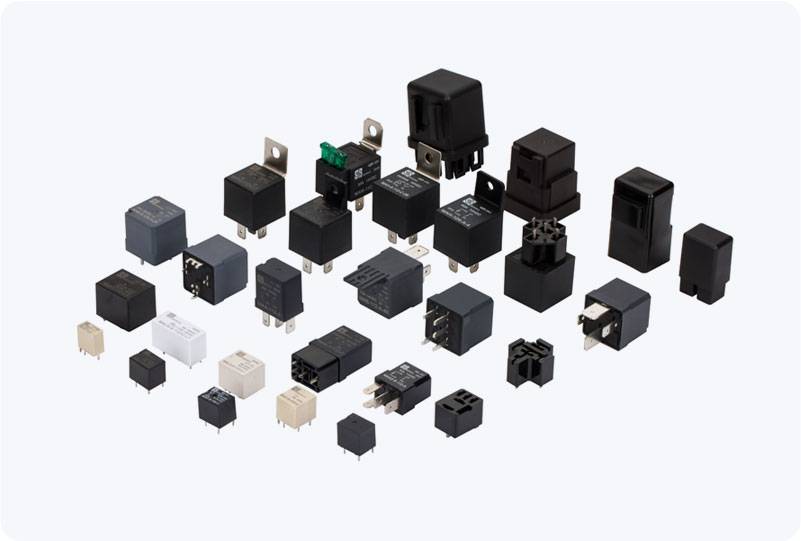understanding the motor starter relay: essential component for motor control
Release time:2025-07-23 12:52:02
A Motor Starter Relay is an integral component in electrical systems used for controlling the operation and protection of electric motors. These devices play a critical role in safely and efficiently starting, stopping, and protecting electric motors, which are fundamental to a wide range of industrial and residential applications. In this article, we will delve into the functionality, types, and applications of Motor Starter Relays, and why they are essential in ensuring the optimal operation of motors.

What is a Motor Starter Relay?
A Motor Starter Relay is an electrically operated switch that is used to control the flow of electricity to an electric motor. It works in conjunction with other components of a motor starter system, such as a contactor and overload relay, to safely start and stop motors. The relay is designed to close and open electrical circuits, thereby enabling or disabling the motor's operation based on control signals.
Motor Starter Relays are typically employed to switch a motor on and off with minimal manual intervention. The relay responds to control signals, which could come from a manual switch, a programmable logic controller (PLC), or an automated control system. Once the relay is activated, it allows power to flow to the motor, starting it, and once the relay is deactivated, it interrupts the power supply, stopping the motor.

